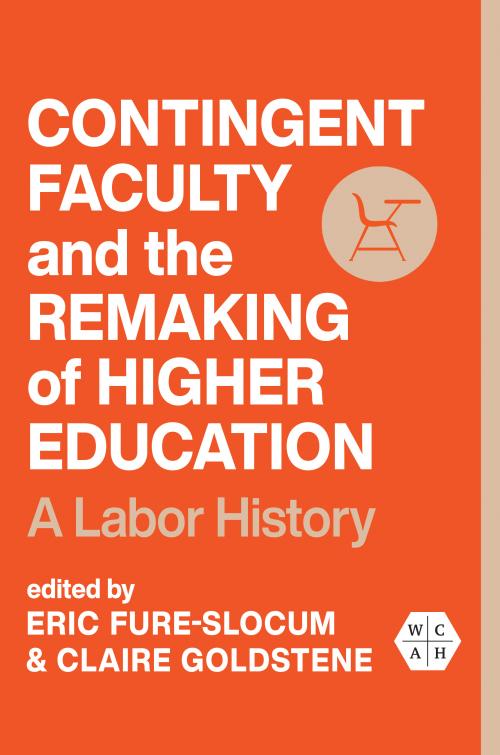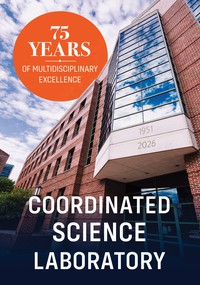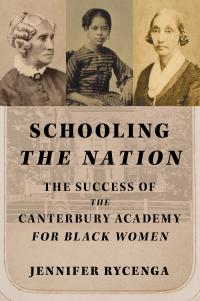
Contingent Faculty and the Remaking of Higher Education
Cloth: 01/23/2024
About the Book
In the United States today, almost three-quarters of the people teaching in two- and four-year colleges and universities work as contingent faculty. They share the hardships endemic in the gig economy: lack of job security and health care, professional disrespect, and poverty wages that require them to juggle multiple jobs.This collection draws on a wide range of perspectives to examine the realities of the contingent faculty system through the lens of labor history. Essayists investigate structural changes that have caused the use of contingent faculty to skyrocket and illuminate how precarity shapes day-to-day experiences in the academic workplace. Other essays delve into the ways contingent faculty engage in collective action and other means to resist austerity measures, improve their working conditions, and instigate reforms in higher education. By challenging contingency, this volume issues a clear call to reclaim higher education's public purpose.
Interdisciplinary in approach and multifaceted in perspective, Contingent Faculty and the Remaking of Higher Education surveys the adjunct system and its costs.
Contributors: Gwendolyn Alker, Diane Angell, Joe Berry, Sue Doe, Eric Fure-Slocum, Claire Goldstene, Trevor Griffey, Erin Hatton, William A. Herbert, Elizabeth Hohl, Miguel Juárez, Aimee Loiselle, Maria Maisto, Anne McLeer, Steven Parfitt, Jiyoon Park, Claire Raymond, Gary Rhoades, Jeff Schuhrke, Elizabeth Tandy Shermer, Steven Shulman, Joseph van der Naald, Anne Wiegard, Naomi R Williams, and Helena Worthen
About the Author
Eric Fure-Slocum is a non-tenure-track associate professor of history at St. Olaf College. He is a coeditor of Civic Labors: Scholar Activism and Working-Class Studies. Claire Goldstene taught as a contingent faculty member at numerous universities. She is the author of The Struggle for America's Promise: Equal Opportunity at the Dawn of Corporate Capital.Reviews
"An important issue in the world of higher education." --J. T. Rosenthal, emeritus, SUNY at Stony BrookBlurbs
“Fure-Slocum and Goldstene chronicle the contingent faculty labor movement in all its creativity and diversity. This collection moves past mere description of the neoliberal academy and the plight of contingent campus workers to weave together analyses, personal narrative, and tactical guidance on organizing in the gig economy while calling for a renewed commitment to cross-rank and cross-campus solidarity among academic workers.”--Julie Schmid, Executive Director, American Association of University Professors
“A book that we have long awaited and needed. Nothing else offers such a broad sweep of perspectives and such a deep historical appreciation of the struggles of contingent academic labor. Anyone interested in the future of higher education, the future of work and workers, or the future of our democracy should read this important book.”--Joseph A. McCartin, coeditor of Purple Power: The History and Global Impact of SEIU







